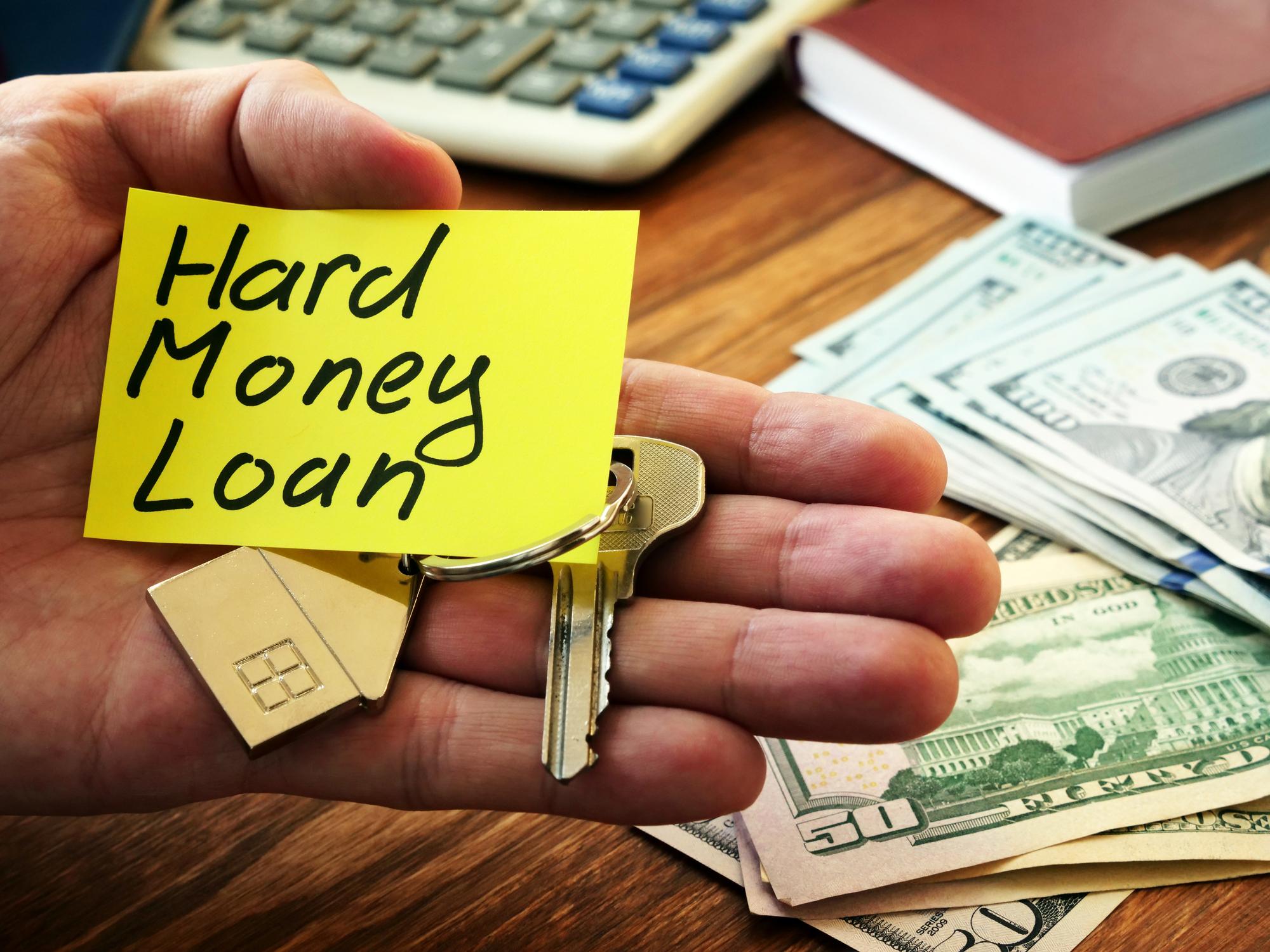
25 Aug What is a Hard Money Loan? And is It Right for Me?
A hard money loan is a short term, non-conforming loan for investment or commercial properties that does not come from a traditional lender but rather a person or private company. The hard money lender accepts the real estate as collateral.
Hard money loans are characterized by:
- Higher interest rates than traditional mortgage loans.
- Short time periods to repay the loan, from a few days to a few years.
- A fairly quick approval process, allowing the investor to qualify for the loan within days.
- Less stringent requirements, so even some borrowers with poor credit or high debt may qualify.
- Higher points and fees than traditional mortgage loans.
A hard money lender generally takes on more risk, as many borrowers seeking such a loan would not be approved by a regular bank or mortgage lender. The hard money lender is more interested in the value, or potential value, of the property that is used as collateral. If the borrower were to default, the hard money lender could foreclose on the property.
When would a hard money loan be a good choice?
For some, a hard money loan would a loan of last resort if all other attempts to borrow money have failed. For others, using hard money is just a part of their normal business operations.
Many house flippers rely upon hard money to fund at least a portion of their project. A potential hot deal might pop up and the flipper might have to make an immediate offer. There might not be enough time to qualify for a traditional mortgage loan. If there is enough potential profit margin on the deal, then the higher costs of a hard money loan are negligible. If the flipper knows they can turn a hefty profit, then it’s better to do the deal with hard money than to not get the deal in the first place. Also, there are flippers who may have maxed out their traditional lending options, and therefore hard money is the right choice.
For instance, let’s say that a flipper has $50,000 in their bank account and sees a fixer-upper hit the market for $145,000. The flipper determines that the house will require about $40,000 in renovations, and the flipper believes that the After Repair Value is $275,000. The flipper senses that if they wait more than a few hours, then a bidding war will ensue and they might not even win. The flipper knows that their hard money lender will loan 80% of the purchase price, with the borrower responsible for the down payment, closing costs, carrying costs, and renovation expenses. The flipper knows that the hard money lender does not care how the flipper comes up with the down payment and the renovation money. The flipper has credit cards and plans to personally perform a lot of the renovation work.
$150,000 Purchase price. Flipper offers $150,000 for a $145,000 listing and wins the deal.
$30,000 Flipper’s down payment (20% of the purchase price). The flipper has $20,000 left.
+ $120,000 Hard money loan (80% of the purchase price).
+ $40,000 Renovation costs. The flipper spends $15,000 of what they have left. They put $25,000 on their credit cards.
+ $ 5,000 Closing and carrying costs. The flipper has to pay for loan fees, monthly interest payments, insurance, utilities, and taxes.
= $195,000 Total money into the deal.
Using $50,000 of their own money plus a $120,000 hard money loan and $25,000 in credit cards, the flipper has completed their project.
$275,000 Sale price.
– $20,000 Realty commission and closing costs.
– $195,000 Flipper’s initial investment, including the hard money loan and credit cards.
= $60,000 Flipper’s profit!
In this simple example, the flipper invested $50,000 and made a profit of $60,000. They started with $50,000 and ended up with $110,000. That’s a 120% cash on cash return. (Of course, the flipper has to pay taxes on that profit.)
The point is that hard money (and credit cards) helped the flipper in this example buy and renovate a house. While you certainly want to keep the cost of money as low as possible, this deal was made possible with a hard money loan. If you’re not planning on holding the loan for a long time, a few months of interest payments is simply the cost of doing business.
Hard money and credit cards involve high interest rates and shorter repayment terms, yet the ease of obtaining the money can be beneficial. Hard money makes sense if you don’t have other more traditional financing options available to you at that moment. If the numbers make sense, then taking out a hard money loan is worth it.
Doing the deal with none of your own money.
There are even ways to do deals with none of your own money. Some hard money lenders won’t care how you come up with the down payment and renovation funds. In other words, imagine if the flipper in the above example had no money of their own. If they convinced a partner to loan $50,000 for a few months, with a guaranteed interest payment of $10,000, then the flipper could have used someone else’s money. The private money lender would receive back a total of $60,000, having made a healthy 20% return in a few months. The flipper would make $50,000 on a $0 initial investment, meaning that their cash on cash return is infinite! You can be really creative in the real estate world.
Tai DeSa is a graduate of The Wharton School of the University of Pennsylvania. He became a full-time real estate investor in 2004 after serving in the U.S. Navy. Tai has made colossal mistakes in investing (and learned some things along the way). He has helped hundreds of homeowners avoid foreclosure through successful short sales. Check out Tai’s books on Amazon.com. Tai may be available for coaching and speaking engagements on a variety of real estate topics. Send an email to tai@investandtransform.com.






No Comments